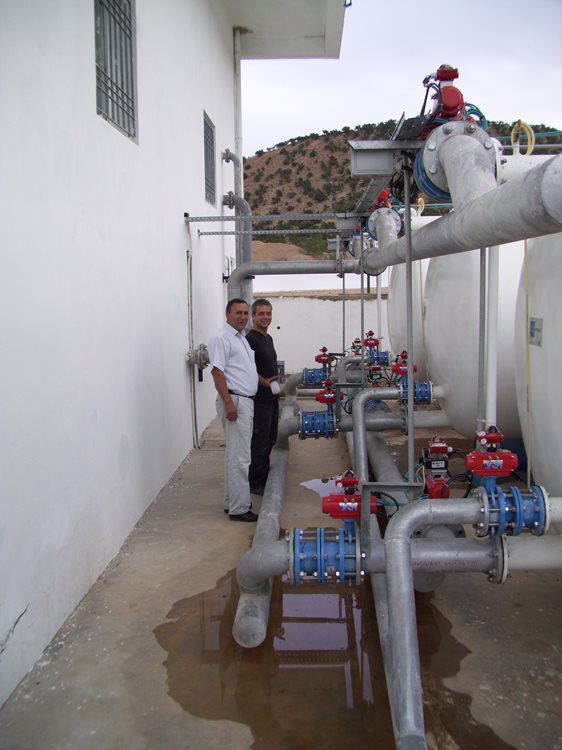Michael: The mentoring action plan prepared by Rafael was excellent, providing a focus for immediate aspects to discuss, unpack and work up suggested approaches. Laying out a program and timeline helped to make expectations clear. We held monthly meetings via Skype, as well as regular email exchanges over our 6-month mentoring period. Our meetings generally started with updates on our current lives and then a recap of what we had assigned ourselves to work through. Many of our meetings revolved around discussing various pathways to secure a humanitarian role, what would be involved, and what areas would be best to focus on to pursue these opportunities. We also explored what courses may best to complement Rafael’s skills and experience.
Rafael: We had some time to talk about ourselves in the first meeting, and then I explained to Michael why I wanted to work in the humanitarian sector. I talked about the aspects of my professional profile that I thought could be improved, then we set an action plan. We spent the rest of the meetings talking about the main subjects we included in the action plan, for example, different resources where I could get an in-depth view about how the sector works (funding, international organisations like UN, etc.), and which technical knowledge/skills are the most useful and how to get a first field experience in the sector.

Rafael, right, working as a Commissioning Engineer in Tamanar, Morocco © Rafael Coca